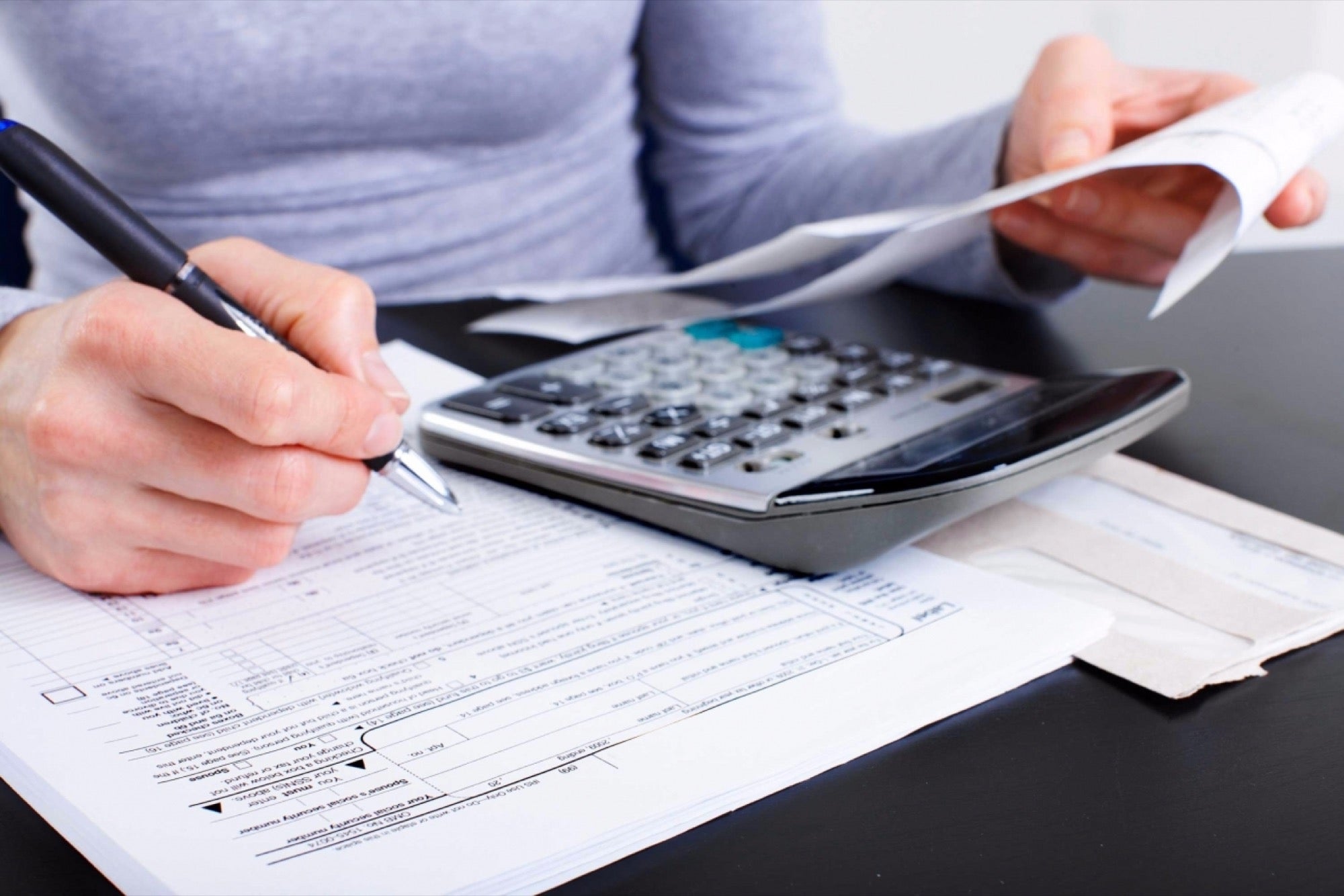The Tax Break That Small Businesses Need to Know About (Infographic) You can get a tax deduction for equipment you buy for your startup
By Nina Zipkin

Article originally published Jan. 30, 2016. Updated Oct. 14, 2016.
Did you know that you can get a tax deduction on equipment you purchase for your business? It's a part of the tax code called Section 179. It's been around for a while, but a $1.8 trillion spending bill passed by Congress at the end of 2015 permanently capped the tax break at $500,000.
Companies that spend $2 million in equipment -- anything from machinery, computers, chairs and desks, printers, testing apparatuses, business vehicles and even tractors -- can qualify for the Section 179 deduction.
Related: The Top 4 Tax Strategies To Save Your Business Money
The limit for Section 179 has been incrementally and temporarily raised over the past several years from its initial $25,000-a-year cap to $100,000 in 2003, and then $250,000 in 2008 in an effort to drive spending during the recession. It has been sitting at $500,000 since 2010, but it hadn't been permanently expanded until recently.
Tom Wheelwright, a CPA and the founder and CEO of ProVision Wealth Strategists, says that it is unlikely that the cap will change in the near future. He adds, however, that entrepreneurs should be careful with how they use it.
"The most creative use of it is when an entrepreneur moves into a new office or updates their old office," Wheelwright says. "Leasehold improvements qualify for Section 179 under the current law. Be sure not to buy equipment just for the deduction. That's always a mistake. The government is only sharing about 40 percent of the cost. The rest of the cost is yours."
Related Book: What Your CPA Isn't Telling You: Life-Changing Tax Strategies by Mark J. Kohler | Amazon | eBooks.com | Barnes & Noble
For more on what small-business owners need to know about how the tax break applies to them, check out the infographic compiled by Balboa Capital below.
Click to Enlarge+

Related: The 2 Glaring Mistakes Entrepreneurs Make When It Comes to Taxes










